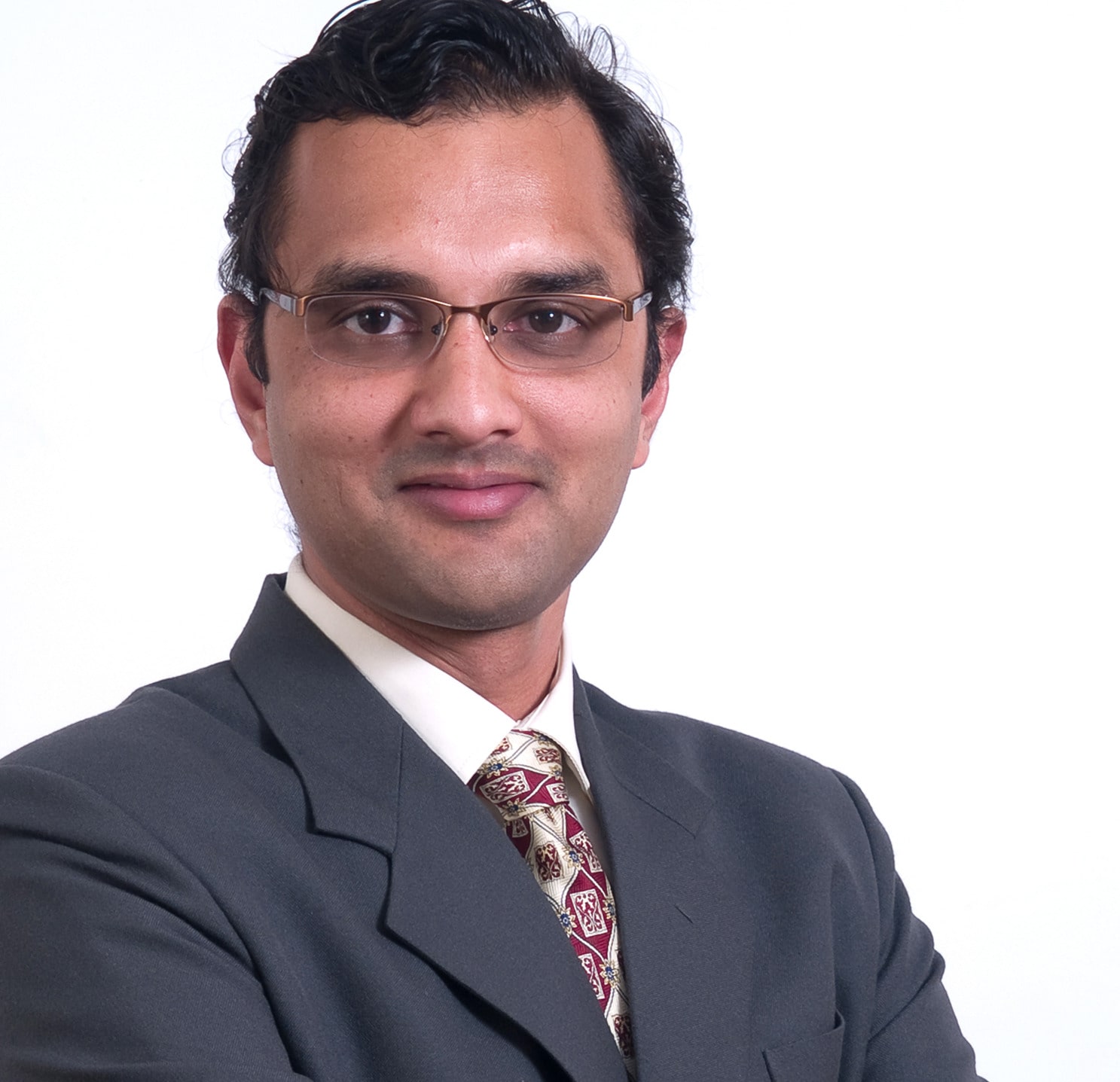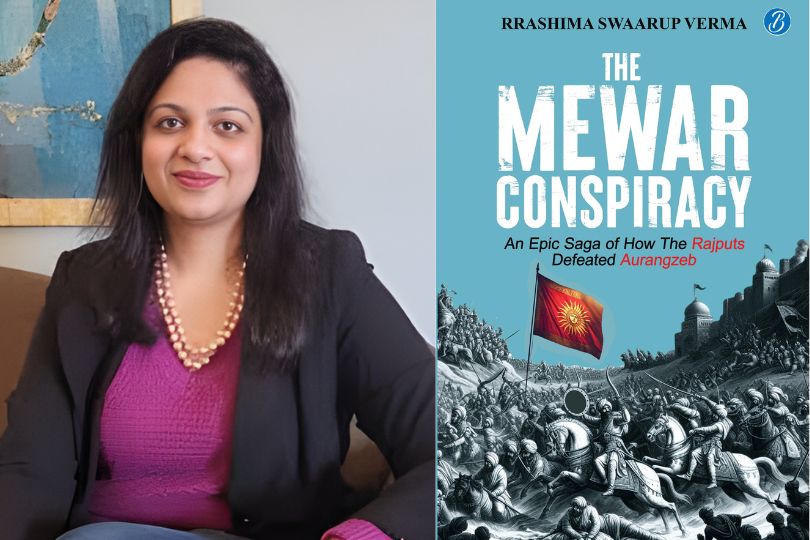Interview with Mohan Kannegal on his book 'A (Really) Stolen Election'
on Apr 28, 2022

Mohan leads the Eruditus India and APAC businesses. Prior to joining the Eruditus group, Mohan built three digital education businesses – one as an entrepreneur and two as an intrapreneur. He co-founded MeritTrac Services – an online examinations company that he scaled, exited and integrated into the Manipal group. Mohan has also built and scaled software products – Pariksha Exam Delivery and EduNxt Learning Platforms – these have delivered 40 Million Exams and manage 250,000 Learners. He launched Manipal ProLearn and scaled that business to 30,000 paid learners.
Mohan Kannegal is currently based in Boston. He finally found the time to write his first book of fiction. His second book will be a humorous take on Indian startups.
Frontlist- "Innovators are smarter than engineers.” Why do you think so, and what was the concrete reason behind this statement?
Mohan Kannegal: Firstly, as you will notice from the book, this is a debatable point so it would be impossible to arrive at a concrete response to a point like this. I have used this topic in the book to build tension in the story – it is difficult for the character in the book to make this argument in front of a large audience consisting entirely of engineers.
Having said that, I can see how a convincing argument can be made with this assertion. It is true that in many cases, complex problems have been solved by taking a non-orthodox approach: the unorthodox (innovator) approach may be better than the orthodox (‘trained engineer’) approach.
There are so many examples of this. You can read about the Wright Brothers’ innovative approach in the book. Similarly, in 218 BC, in the Rome versus Hannibal war, the Romans ‘orthodox’ approach was that an attack will come from the South. Because the Alps in the North are uncrossable. Hannibal, in an innovative unorthodox move, crossed the Alps with elephants and attacked Rome from the North and won a decisive victory. Or more recently, the story of COVID vaccines with mRNA. For years, there was a standard approach to creating vaccines which took many years. Then some innovators came along and took a completely different approach and now vaccines are getting made in six months.
But we must keep in mind that all problems may not need innovative solutions. Some problems may be better served with predictable solutions.
Frontlist-This book is about college life, friendships, elections, rivalry, and much more. What got you to choose this theme?
Mohan Kannegal: This is a semi-autobiographical story. So, the plot and characters came from there. And elections really are the most dramatic expressions of human emotion. Further, since these events occurred over the span of a few days, it makes it thrilling. I felt it was a perfect fit for a short novel. I have toyed with the idea of writing a longer version of the story with a full back story of the college years. But I suspect that would have been yet-another-campus-caper so I edited all of that out.
Frontlist: Tell us something about your college life. Does the story in the book resonate with your own in any manner?
Mohan Kannegal: I went to college a long time ago. Much of what I have written exactly describes my own college days. It was a wonderful time – pre-internet, pre-mobile. Life had a different pace. Nothing in life was ‘instant’. Everything required time and patience. We sat and talked to friends for hours in a canteen over cups of tea. There was no mobile phone to distract a conversation. And there was a a spirit of doing things frugally because everything was in short supply. So, you shared everything with your friends. Friendships mattered a lot.
Frontlist: What do you think are some of the major differences between Colleges Nowadays vs. Colleges in the 90s?
Mohan Kannegal: Very noticeably, India and its colleges have become richer. The buildings and hostels are better. The students look well-fed and well-dressed. Everyone is much better informed. There is so much information available on every aspect of life. If you don’t like the lecture you are listening to, you can listen from the world’s best professors or practitioners via Youtube.
Frontlist: Due to the rise in Edtech and the changes in Study Material, What impact is it bringing to the higher education sector?
Mohan Kannegal: Across our society, everything we do has been revolutionized by digital technologies. We now conduct most parts of our lives online – payments, banking, ticket booking, shopping, watching movies have all moved online. It is only natural that education will also be transformed by digital technologies. We will increasingly see Edtech offering high quality education to millions of students while also making it easier to access (no commute) and cheaper. Much of this is change has already happened.
Frontlist: According to you, what are the major factors in college elections and politics?
Mohan Kannegal: The key factors of college elections and politics in general are a charismatic leader, strategy and planning, fund raising, building a narrative, communicating the narrative effectively and being extra-sensitive in gauging the mood of people. Elections show us that human beings experience a range of complex emotions. Logic does not always work well. The ability to charm people with interesting narratives and stories is key to winning an election.



.jpg)






.jpg)

.jpg)

.jpg)

.jpg)
.jpg)










Sorry! No comment found for this post.